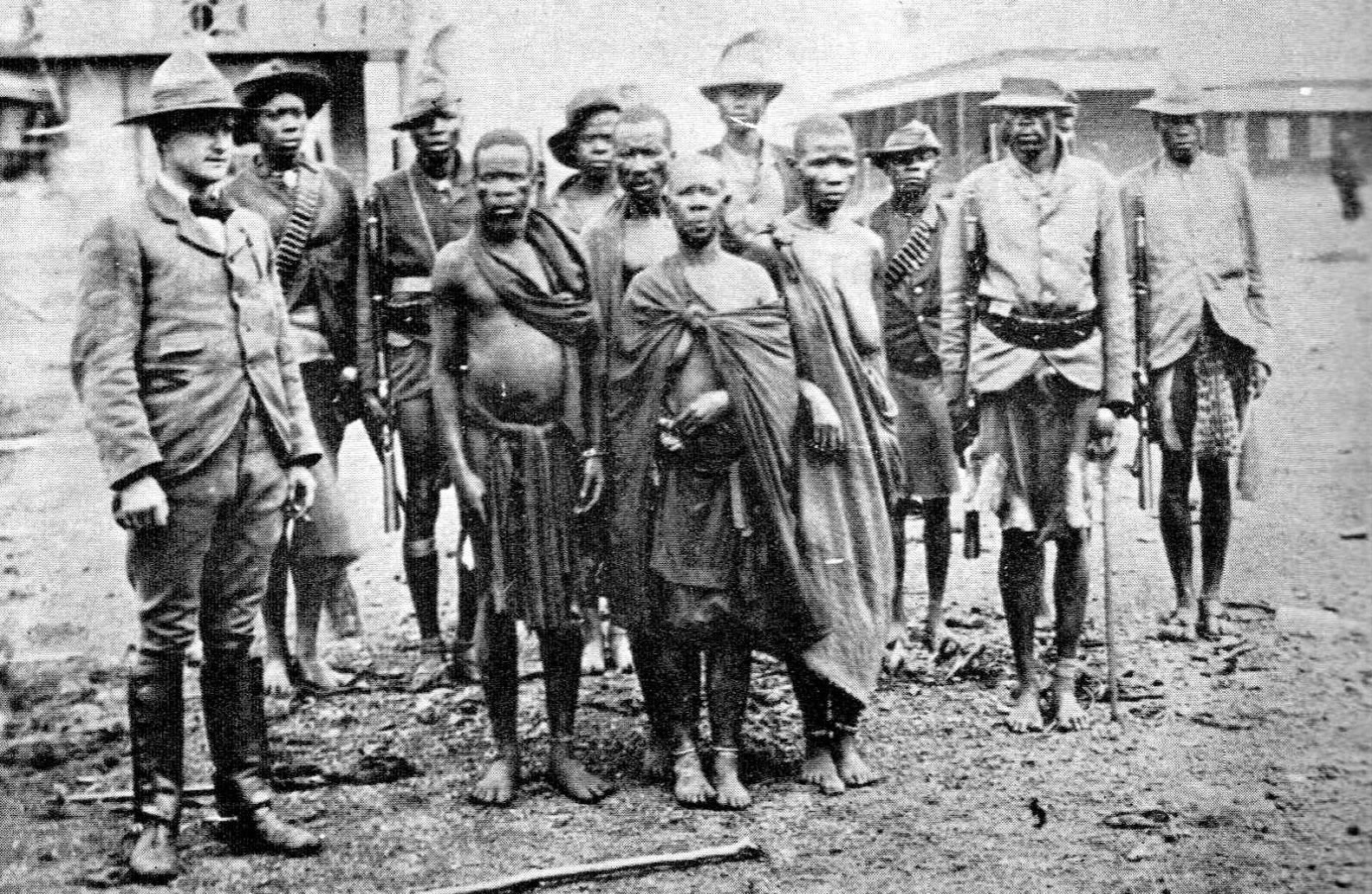By Margaret Kamba
The book written in creative fiction is centred in Zvishavane’s Mabasa village near Mapanzure village. It is easy to picture the rural setting in which the story is build where the community sits adjacent to the commercial farming area. The format of the play makes it an easy read to keep the reader captivated and pick their own favourite character as it is in the first person. The description words allow for the creation of scenes and perhaps production of what is Zimbabwe’s story should it be created in other languages. The title of the book Chiedza and the legend of Mbuya Nehanda places hope in that the name Chiedza means light and with her surname Mwenje to mean light. The choice in some of the names like Zanda spells ugliness in the true sense of the word to depict even the ugliness of his character.
The themes captured by the book include why Zimbabwe’s land reform is justified, the need to decolonize the mind, the younger leadership does not value the interests of the people unlike the old folk, the value of education, importance of national identity and patriotism, the need to reconstruct the marriage and family systems, the importance of the African Traditional religion, the manipulation of young people by external forces and that patience pays.
It is clear in the book that Chiedza’s level of education makes her understand and question issues and decisions unlike her counterparts Mai Tino and Chido who have a lower education level. She is better placed to fight for the rights of her people because of this and to advocate for a better lifestyle for them.
Mai Tino on the other hand must resort to doing chores for Zanda fend for her family apart from allowing to be separated from her child. The regret of her early marriage makes it clear that had she been much more empowered she would perhaps have a better life.
It is also vivid in the story that the older generation has the interests of the people at heart unlike the younger leadership as evidenced by Samaita and Sabhuku. For Sabhuku, his leadership position is about enriching himself at the expense of the people whom he must protect. He is unlike Samaita who even after not being part of the meetings for years makes sure to attend the next meeting to find out what is happening. Samaita is not happy about situation hence tries to find ways of alleviating the situation.
This is also seen through George’s abandonment of the agreement made by his father with the people. He has no regard that the fencing off of the dam and forests will adversely affect the people.
The dream which comes to Chiedza shows that the ancestors still find ways of communicating with the people a relationship which must be upheld. The African Traditional Religion has been in existence for time immemorial and as Samaita alludes, it was the ancestors that saved many lives during the struggle for liberation. He still upholds that relationship and is clear in that when he is told about Chiedza’s dream he does not hesitate to go and speak to vaMwenje about it. He clears the misconceptions that vaMwenje has had about the white religion.
The numerous attempts by George to get Chiedza not pursuing that which the ancestors want for the village could have succeeded had Ambuya not appeared to Chiedza in the dreams. She is swayed easily by the driving lessons and going to Australia.
It is clear that the white man represented by George in this case, is threatened by men and women who pursue dreams that is set to empower the black people. He will go at any lengths to destabilize any of these attempts hence the need for men and women to stay alert of such ploys.
The book comes at an opportune time to educate the young people of the issues occurring in our communities and perhaps derive a means to capture the youth and solicit their vote in the next election as they are an important voting constituency for the coming elections.
There are the informed lot like Chiedza who are educated and have begun asking questions about the goings on within their communities. It is important to target these youths as their brilliant ideas can develop the economy of this country. It is imperative that we do not lose sight of how they are an integral part of our society and its future, hence we must harness their skills and ideas for a better country.
Those seemingly uneducated must be taught the value of their communities, its wealth and the dangerous of men that come in sheep’s clothing. This way they can be able to value and protect their God-given natural resources.
Leaders who do not have their people at heart must be pruned at all costs. Their existence is due to the people whom they represent. The servant leadership motto by the President and First Secretary of ZANU PF Cde E.D Mnangagwa is what should drive those chosen to represent the people.

